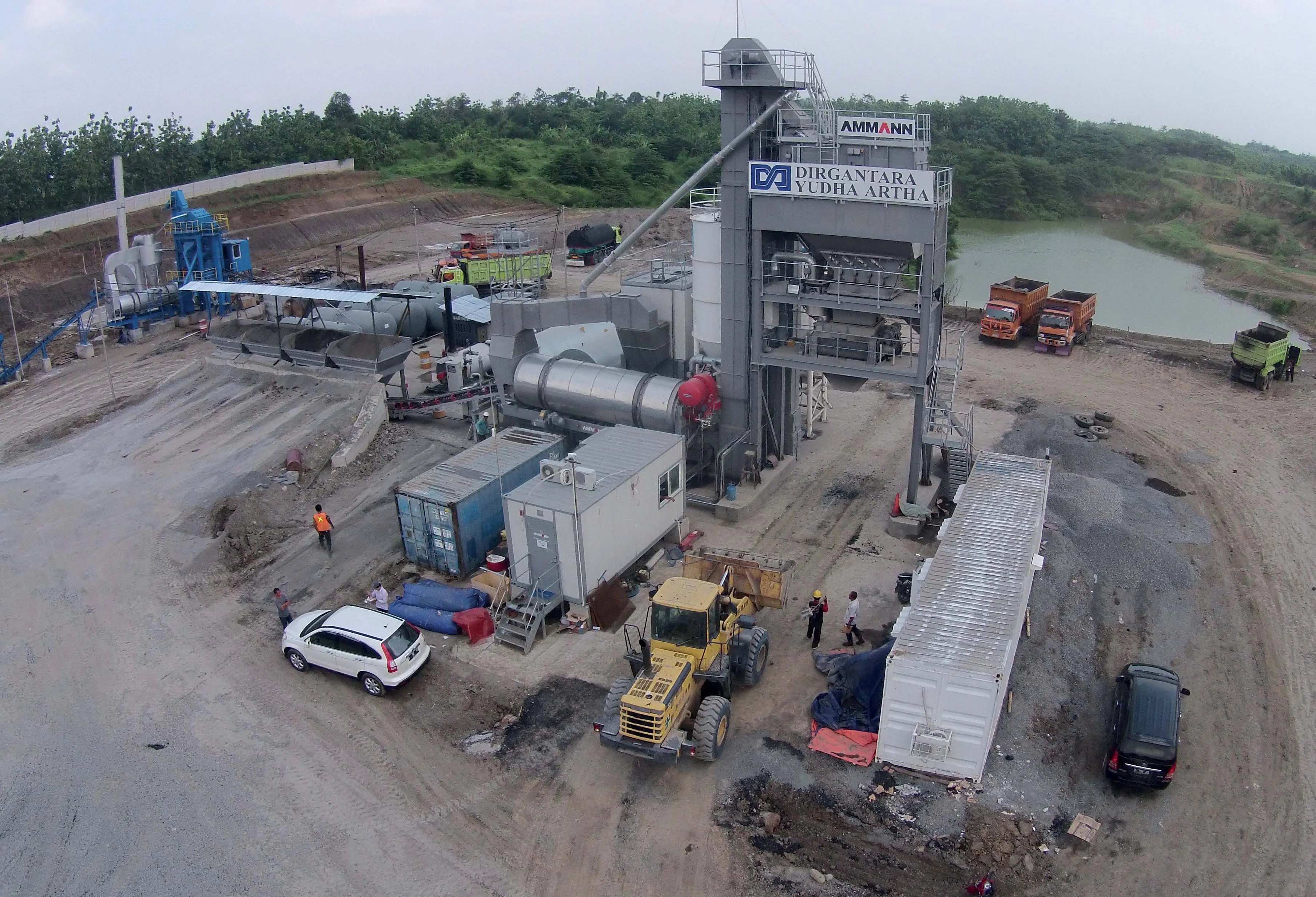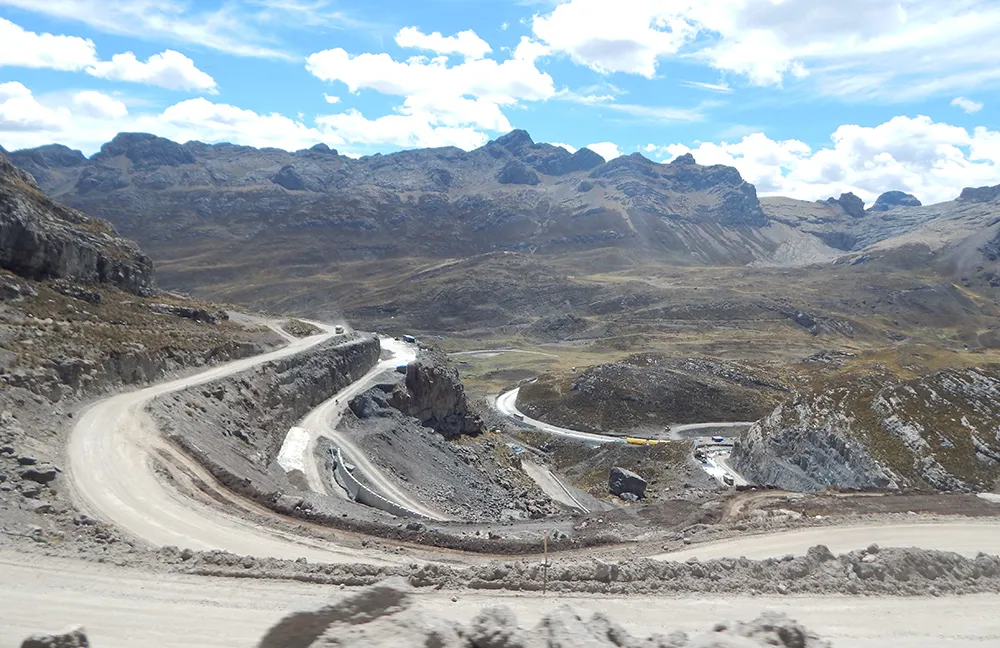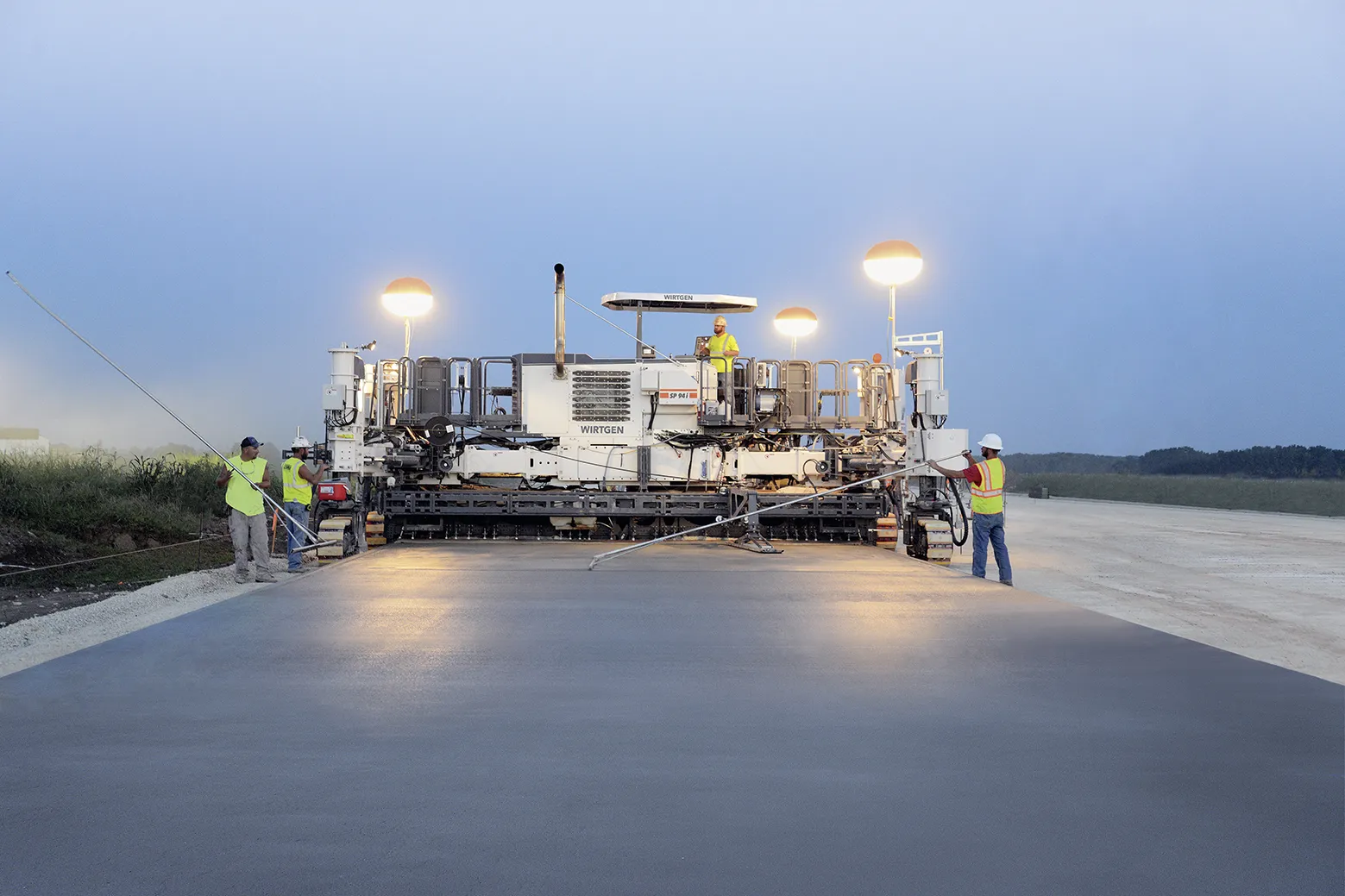The construction of the Cipali Toll Road in Indonesia has been completed on time, despite numerous challenges during its construction. The Cipali Toll Road forms part of a larger network, the Trans-Java Toll Road that connects key freeways in Jakarta and beyond. The Trans-Java Toll Road is of enormous importance to Indonesia as it runs for 653km and reduces the existing route by 40km.
May 16, 2016
Read time: 3 mins

A new toll road in Indonesia will help transportation and boost the local economy
The construction of the Cipali Toll Road in Indonesia has been completed on time, despite numerous challenges during its construction. The Cipali Toll Road forms part of a larger network: the Trans-Java Toll Road that connects key freeways in Jakarta and beyond. The Trans-Java Toll Road is of enormous importance to Indonesia as it runs for 653km and reduces the existing route by 40km.
The Cipali Toll Road, stretching from Cikopo in the west to Palimanan in the east, is a crucial segment in the network and is carrying around 30,000 vehicles/day. As a result, the construction of this important stretch of road was followed closely by government officials and businesses.
But despite the numerous challenges, the project was finished on time and within budget. A key player in meeting both goals was asphalt producer PT. Dirgantara Yudha Artha, based in Bandung. The firm installed an6791 Ammann JustBlack 150 plant to help finish the project, which was used to supply asphalt for key portions of the work.
Development work for the 110km Cipali Toll Road required around-the-clock asphalt production, with the plant output sometimes reaching close to 3,000tonnes/day. Meeting deadlines was no small task and the asphalt production set the pace for the rest of the team.
Experience was crucial and offered two major benefits to the production of the asphalt. This ensured the plant team was familiar with the required mixes, with only three grades being used: ACBC, ACWC and ATB. The second benefit was the team’s experience in making quick, frequent mix adjustments simplified the work for the minimal switches on the toll road project. Production was able to continue when a new mix was needed.
Capacity was also important as Dirgantara Yudha Artha used an Ammann JustBlack asphalt batch plant with a capacity of 150tonnes/hour. For most of the time the plant produced about 120tonnes/hour, but the extra capacity allowed additional production when required.
Capacity also involves reliability and one reason Dirgantara Yudha Artha purchased this plant was for its dependability. The Ammann JustBlack plant produced 120tonnes/hour for 20-hour shifts, providing an average of 2,400tonnes/day.
The company’s use of the JustBlack plant also brought savings on fuel of around 20%, according to Dirgantara Yudha Artha. When the project was complete, Dirgantara Yudha Artha had produced enough mix to cover 55km of the 110km of multilane highway. Production had gone well and set the pace for the entire project.
Privately owned by Jahja Tear Tjahjana, Dirgantara Yudha Artha has five asphalt plants and works on general construction, roads, tolls roads and airport runways.
The construction of the Cipali Toll Road in Indonesia has been completed on time, despite numerous challenges during its construction. The Cipali Toll Road forms part of a larger network: the Trans-Java Toll Road that connects key freeways in Jakarta and beyond. The Trans-Java Toll Road is of enormous importance to Indonesia as it runs for 653km and reduces the existing route by 40km.
The Cipali Toll Road, stretching from Cikopo in the west to Palimanan in the east, is a crucial segment in the network and is carrying around 30,000 vehicles/day. As a result, the construction of this important stretch of road was followed closely by government officials and businesses.
But despite the numerous challenges, the project was finished on time and within budget. A key player in meeting both goals was asphalt producer PT. Dirgantara Yudha Artha, based in Bandung. The firm installed an
Development work for the 110km Cipali Toll Road required around-the-clock asphalt production, with the plant output sometimes reaching close to 3,000tonnes/day. Meeting deadlines was no small task and the asphalt production set the pace for the rest of the team.
Experience was crucial and offered two major benefits to the production of the asphalt. This ensured the plant team was familiar with the required mixes, with only three grades being used: ACBC, ACWC and ATB. The second benefit was the team’s experience in making quick, frequent mix adjustments simplified the work for the minimal switches on the toll road project. Production was able to continue when a new mix was needed.
Capacity was also important as Dirgantara Yudha Artha used an Ammann JustBlack asphalt batch plant with a capacity of 150tonnes/hour. For most of the time the plant produced about 120tonnes/hour, but the extra capacity allowed additional production when required.
Capacity also involves reliability and one reason Dirgantara Yudha Artha purchased this plant was for its dependability. The Ammann JustBlack plant produced 120tonnes/hour for 20-hour shifts, providing an average of 2,400tonnes/day.
The company’s use of the JustBlack plant also brought savings on fuel of around 20%, according to Dirgantara Yudha Artha. When the project was complete, Dirgantara Yudha Artha had produced enough mix to cover 55km of the 110km of multilane highway. Production had gone well and set the pace for the entire project.
Privately owned by Jahja Tear Tjahjana, Dirgantara Yudha Artha has five asphalt plants and works on general construction, roads, tolls roads and airport runways.








